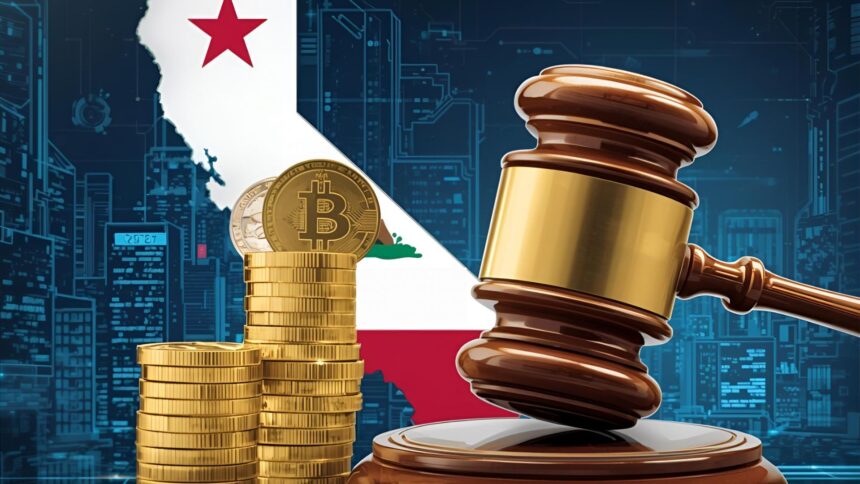California has enacted a law that lets the state take custody of unclaimed cryptocurrencies in their original form, a first for its unclaimed property program and a notable shift for one of the world’s largest economies.
Gov. Gavin Newsom signed Senate Bill 822 into law on Oct. 11, according to a legislative update from his office.
The measure amends the state’s Unclaimed Property Law to cover “digital financial assets,” including cryptocurrencies explicitly.
It requires companies that hold customer crypto to deliver the exact asset and amount, unliquidated, along with the relevant private keys, to a custodian designated by the State Controller when those assets escheat to the state.
Claimants who later prove ownership are entitled to get the asset back or, if it has been converted, the net proceeds from any sale. SB 822 also spells out who may safeguard those assets.
The Controller can select one or more custodians, but they must hold a license from California’s Department of Financial Protection and Innovation under the state’s Digital Financial Assets Law.
Criteria include proven experience with digital assets, secure key management and compliance with federal and state rules. The law seeks to stop immediate selloffs when crypto escheats.
It directs the state to preserve digital assets and sets a window for any conversion: no sooner than 18 months and no later than 20 months after the filing date for the holder’s report.
That mirrors the timeline already used for securities under California’s unclaimed property regime.
For consumers, the update reduces the risk that dormant exchange accounts will be liquidated the moment they enter state custody. If you reclaim your property before any sale, you can receive the original coins rather than cash.
For exchanges and custodians operating in California, the statute tightens compliance duties around owner notifications, reporting, transfer mechanics and key management.
Committee analyses flagged the need to align long-standing unclaimed property rules with modern assets and to provide clarity on notice requirements and escheat triggers.
The move comes as the U.S. crypto market keeps edging into mainstream finance.
California’s change lands in the same year public-market stories like Gemini goes public on Nasdaq and corporate treasury headlines such as MicroStrategy expands Bitcoin trove continued to pull digital assets into traditional portfolios and trading venues.
While Washington debates federal frameworks, statehouses have been busy; at least dozens of states considered or advanced digital-asset bills in 2025, underscoring the patchwork firms must navigate.
For retail users, state custody is not a substitute for personal security. Private-key control and storage choices still determine day-to-day risk, as explored in our primer on the hidden risk crypto holders face.
For platforms, California’s new law adds another layer atop licensing and supervisory expectations already taking shape under the state’s digital-asset licensing regime.
Separately, proposals from congressional leaders, including efforts to set market structure guardrails, signal that national standards are still in play even as states move ahead. See our coverage as Senate Democrats reveal bold plan.
The State Controller must designate qualified custodians and set out operational procedures for intake and safekeeping.
Companies with California customers should review notice templates, escheat timelines and wallet operations to ensure they can transfer assets in kind when required.
Consumers with long-dormant accounts should verify contact information and activity to avoid escheat in the first place.
California’s step to hold crypto in its native form does not eliminate volatility or regulatory risk, but it brings the state’s unclaimed property program in line with how digital assets actually work.
















